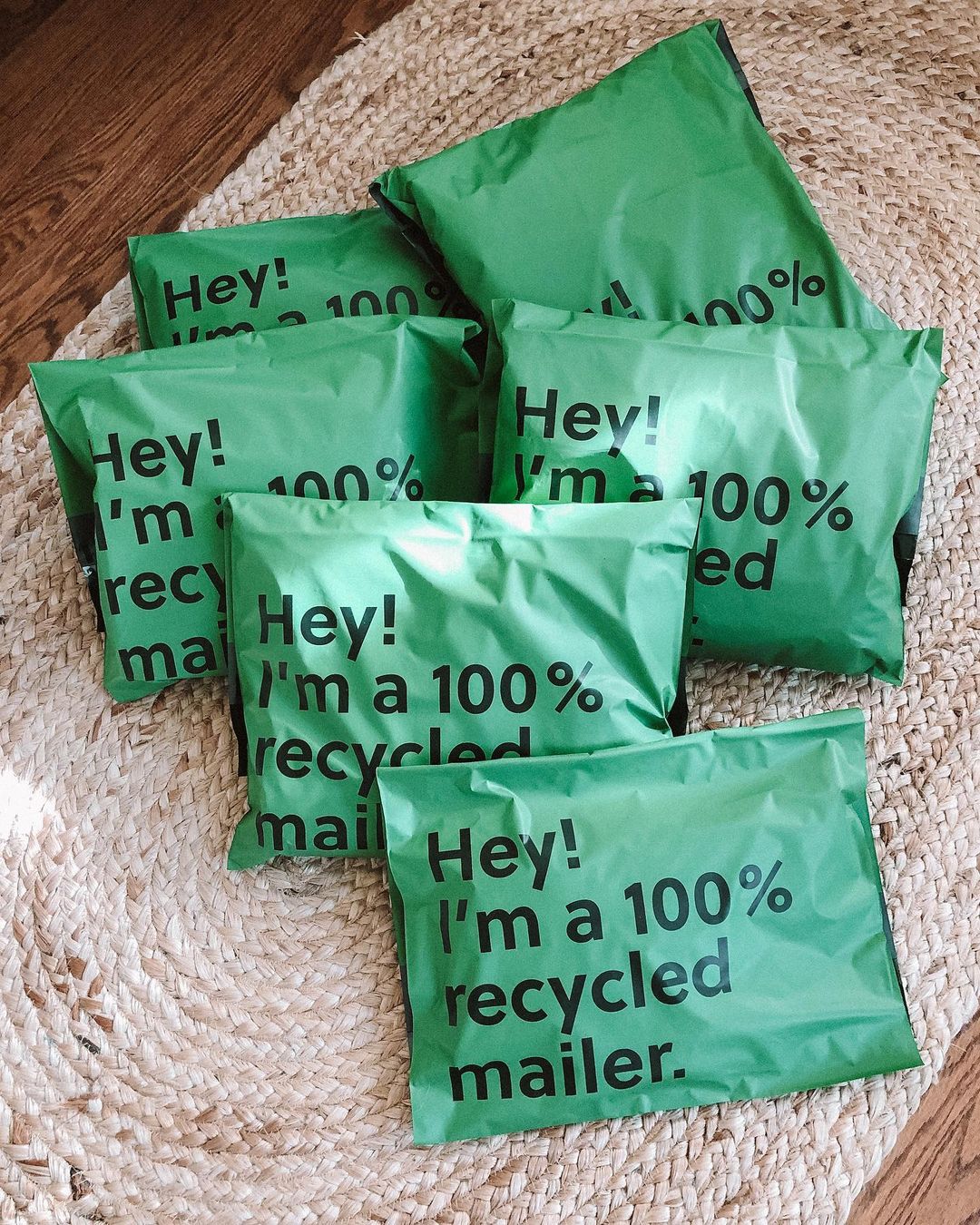More and more people care about the sustainability of the products they're purchasing, with over 60 percent of total US consumers stating it as an important criteria for purchase.
The fact that sustainability is so popular has led to many businesses using marketing jargon to pretend that their products or processes are kind to the environment, which is also known as greenwashing.
Let’s dive deeper into what greenwashing is and how avoid it.
What is Greenwashing?
A lot of businesses realize how increasingly important for customers it is to be an environmentally responsible business, but not every business is willing to put in the work to do it. Greenwashing is when businesses use marketing to appear as though they're environmentally friendly to their customers, when the opposite is true. The definition of greenwashing is:
Greenwashing is a process in which a company presents false claims and information to mislead the public image and to be perceived as environmentally sound when in reality, there is nothing to back up that claim.
There are many companies that focus on environmental marketing by spreading false information that their products are manufactured from recycled materials or with energy-saving technology, while in reality, they aren’t.
Greenwashing first originated in the 1960s, when many hotels started putting notices on the room doors to ask guests if they could simply reuse the towels in the name of the environment. The reality was the hotels were simply enjoying the benefit of reduced laundry costs, rather than doing the right thing for the planet.
Why Do Businesses Greenwash?
With the increasing demand of customers for sustainable products and packaging, often shoppers don't do their due diligence. More than 85 percent of US citizens don’t check the information they read on channels like social media and take it for granted, which means there aren't many checks and balances for businesses who are making sustainability claims.
That means many businesses can present themselves as an environmentally friendly organization without any of their customers actually realizing they’ve been misled. This creates an unethical opportunity, and some businesses take advantage of their customer base.
Why is Greenwashing Harmful?
Greenwashing is harmful to a number of reasons. First and foremost, it undermines the trust in legitimate environmental movements. Secondly, when customers find out the truth, it could steer them away from championing sustainability as they feel tricked and let down by the business sector.
Other valid concerns are:
- Brand reputation. Greenwashing will damage your reputation as a business and as a brand.
- Legal actions. Unbacked eco-friendly and sustainability claims can get your business a lawsuit. For example, Nestlé faced a lawsuit because of deforesting cocoa plants and allegedly using child labor while also claiming to be eco-friendly.
- Distrust. Exaggeration of environmental commitment can be perceived as untruthful by fact-checking customers. Make sure, if your brand is environmentally friendly, to present it exactly as it is.
- Harmful to the environment. Many greenwashing examples show that often behind a claim of sustainability stands exactly the opposite. For example, palm oil companies can and have in the past stated that due to their plantations, their palm trees are beneficial to the atmosphere by producing oxygen, while in reality, the rainforest has been cut down in order to make way to plant the trees in question.
What Is Environmental Marketing?
In short, environmental marketing is promoting green, sustainable, and eco-friendly initiatives just as much or more so than the promotion of your products. There are several examples of companies that have adopted this practice and have made it their own.
One of these is Patagonia which comes forward with products they promote as designed to last in order to limit manufacturing. This environmental marketing method has the potential to create and nurture a loyal customer base.
When environmental marketing isn't truthful, greenwashing occurs. Unfortunately, many companies don’t do as they advertise and can be used as greenwashing examples.
Famous Greenwashing Examples
Zara, H&M, and Volkswagen are some of the large corporations that have been proven to greenwash. Volkswagen, for example, publicly admitted that they cheated on emissions tests for their vehicles in order to boast about great emissions and how green-friendly their cars were through environmental marketing.
Nestlé, Coca-Cola, Starbucks, and Ikea are other brands that have been caught greenwashing. In 2020, Coca-Cola understandably was labeled as the largest plastic polluter in the world. Even under pressure to drop plastic bottles, Coca-Cola decided not to and stated that being popular with customers, it is more important to the organization to continue giving people what they buy instead of spending resources to go on a more eco-friendly route.
While this doesn’t necessarily fall into the greenwashing definition, it can also have a similar effect on the customer base of the corporation.
Avoiding Greenwashing as a Company
As a manufacturer or retailer, one of the best things to do in order to properly avoid greenwashing is to communicate your sustainability practices transparently.
In order to do that, you might need a third-party’s seal of approval on your product boxes and products. For example, noissue's packaging range, including our Compostable and Recycled Mailers, are certified by a sustainable packaging coalition called the Eco-Alliance, which guarantees that the materials used in the packaging are circular by being either recyclable, reusable or compostable.

Conclusion
Greenwashing can seriously damage your company’s reputation, your relationship with your customers and also the environment.
If you want your business's processes to be certified as sustainable by a third party, be sure to check out noissue’s sustainable packaging range, which is verified by the Eco-Alliance as being made from circular materials that are recycled, compostable or reusable.
